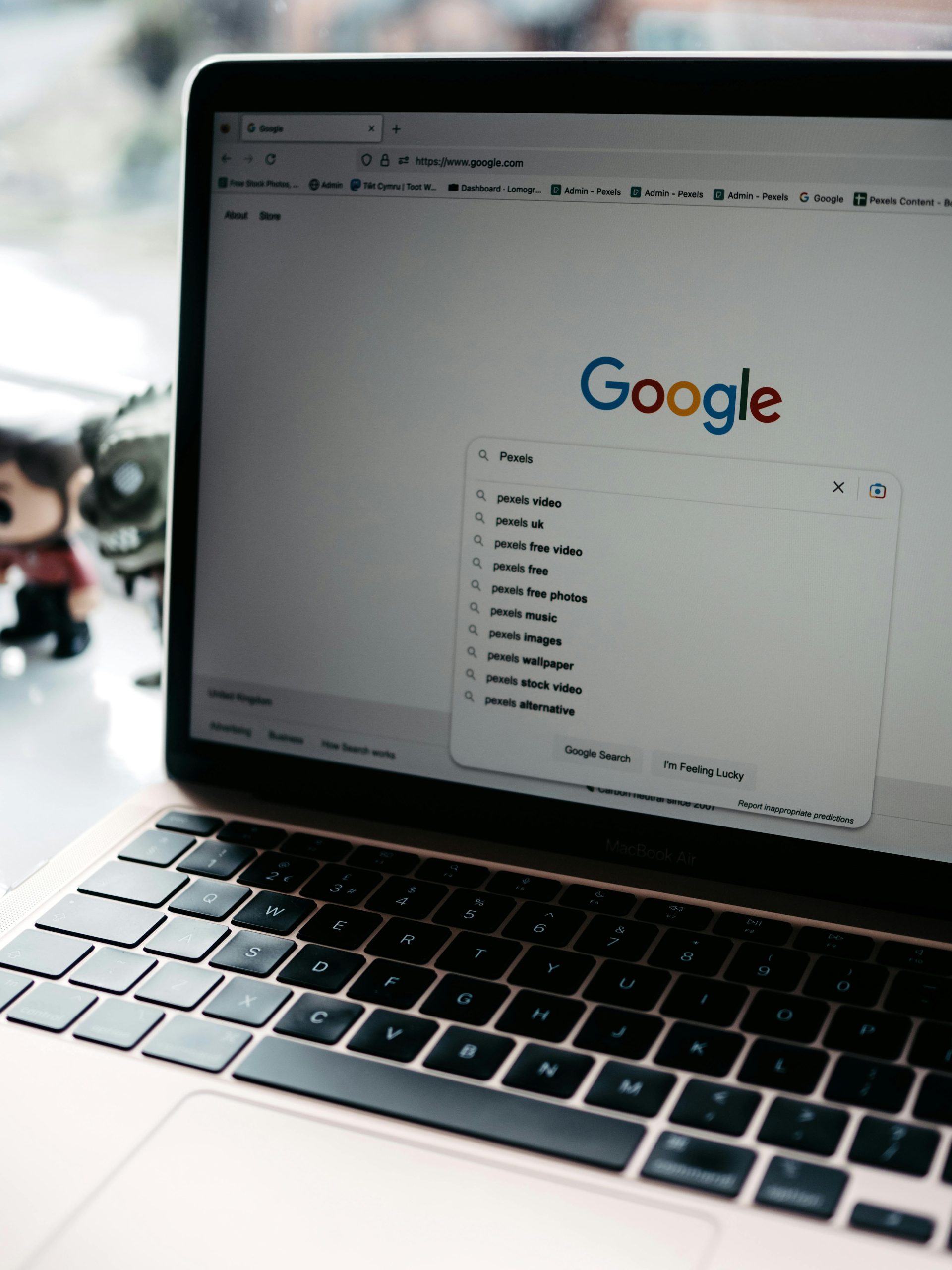Understanding Google Search URL Modifications and Their Consequences
In our increasingly digital life, navigating the web has become second nature to most of us. We open up our internet browsers—whether it’s Google Chrome, Firefox, Safari, or another—and intuitively perform searches without giving it much thought. However, every action we take online, particularly those involving URLs (Uniform Resource Locators), has implications, whether significant or trivial. This blog post aims to unpack the scenario of accidentally altering a Google search URL, explore the potential consequences, and provide reassurance and best practices for everyday browsing.
The Anatomy of a Google Search URL
Before delving into the specifics of altering a URL, it’s crucial to understand what a Google search URL consists of. A typical Google search URL is composed of several components that communicate different aspects of your search query to Google’s servers. Consider the following example of a Google search URL:
https://www.google.com/search?q=example+search&rlz=1C1GCEU_enUS867US867&oq=example+search&aqs=chrome..69i57j0i22i30l9.2245j0j7&sourceid=chrome&ie=UTF-8
Here, it’s broken down into parts:
https://www.google.com/search: This indicates the Google search page that is being accessed.q=example+search: This is the actual search query. The “q” stands for “query,” and the words following it are the terms the user is searching for. “example+search” would be displayed as “example search” on the Google page.- Additional parameters: These might include information on the browser and version (
rlz), suggestions and predictions (oqandaqs), and encoding information (ie), among other things.
Each component serves a purpose, guiding Google’s algorithms to return the most relevant results and tailor the user experience according to past behavior, preferences, and the specific query in question.
Accidental Modifications: What Could Go Wrong?
So you’ve accidentally altered a word or parameter within this URL—what now? Should you be concerned about the integrity of your search or possible security implications?
1. Search Results Are Still Accurate
The most immediate concern is whether your search results will still be accurate. Fortunately, a slight modification to the search query in the URL often results in either:
– A new keyword search: If you replace the query keyword, you’ll see results for the new term.
– No significant change: For minor alterations that don’t modify the parameters significantly, such as a typo in a non-crucial section of the URL, the search results will likely remain unchanged.
In this context, your results are still derived from the massive indexed library of web information that Google maintains, based on the terms that fit whatever altered query is sent their way.
2. Query Parameters: Impact and Adjustments
Typically, any manipulated elements outside of the actual search query (the q=...) are meant for enhancing or managing the request and display. For example, some parameters dictate language settings, search suggestions, and display formats. Modifying these might:
– Affect the language in which results appear.
– Alter the presentation of the search engine’s results page.
– Potentially disable personalized recommendations based on your browsing behavior.
It’s fundamentally altering the Google experience rather than the core search ability, which remains intact.
3. Browser Behavior and Security
From a security standpoint, Google’s robust architecture ensures that malformed queries or unexpected changes rarely cause any security vulnerability. Your browser seamlessly handles such discrepancies:
– Error Handling: Typically, browsers are equipped to redirect to a default search if they detect an unrecognized sequence.
– Connection Security: Google employs HTTPS (indicated by “https” at the start of the URL), a protocol designed to safeguard data exchanges from interception and tampering as it moves between your browser and Google’s servers.
However, this does not mean there are no elements to be cautious about. Always ensure that you are indeed on Google’s official domain and not a spoofed page. Double-check the URL to mitigate phishing risks.
Best Practices for Carefree Browsing
Even though altering a Google URL may not be consequential, maintaining good browsing habits is crucial for both security and efficiency:
1. Utilize the Address Bar with Care
- Copy-Pasting: When removing or inserting text into the address bar, double-check your selection and edits. If you intend to replace a query with a fresh one, ensure all outdated text is removed.
- Mistake Rectification: If an accidental alteration causes issues, simply start a new search via the Google homepage.
2. Bookmarking for Consistency
If you find yourself performing repetitive searches often, consider bookmarking links. You can save standardized queries and quickly access them without resorting to typing or editing.
3. Ensuring Secure Connections
Always verify that the website displays the secure connection symbol (a locked padlock in most browsers) to ensure data you send or receive remains confidential.
4. Privacy Settings and Personalization
Visit your Google account settings to adjust ad preferences, search history, and language settings to fine-tune how your searches are executed and displayed based on your preferences.
Conclusion: Relax and Browse Onward
The digital age is built to accommodate human error, and browsers like Google Chrome are immensely forgiving of inadvertent input changes. While altering a Google search URL might sound technical, the implications are usually minor. Google has built a robust interface designed to yield a seamless user experience regardless of user inputs that go a bit off script. Yet, understanding how these URLs work and adopting safe browsing practices never goes amiss in ensuring efficiency and security for your online activities. So relax, keep browsing, and happy searching!
Share this content:




Response to “Accidentally inserted a word into a Google search URL everything seemed fine but should I worry?”
Your query about accidentally modifying a Google search URL is quite common, and rest assured, it’s generally not something to worry about! As you’ve highlighted, Google’s architecture is robust, and minor alterations to a search URL are unlikely to have significant consequences.
Here are a few additional insights and recommendations:
Understanding the Impact of Modifications
It’s great that you’re considering how URL changes might affect your search results. Most of the time, any alterations will simply lead to a new search, and Google’s algorithms will provide the best possible results based on the adjusted query. If you changed a parameter that impacts the display (like
aqsorrlz), you might see a slight difference in the format or suggestions, but your core search functionality remains unaffected.Security Considerations
Your point about security is also crucial. Always ensure you’re on the correct Google domain, as spoofed URLs can lead to phishing attempts. Employing secure browsing habits will go a long way in maintaining your online safety.
Best Practices Recap
It’s great that you’re being cautious about modifying URLs! Generally, adjusting or accidentally inserting extra words into a Google search URL shouldn’t cause any significant issues or security risks. Google’s infrastructure is designed to handle such minor changes gracefully, and your search results are likely to remain relevant unless the core query (the
q=parameter) is significantly altered or corrupted.However, to ensure your browsing remains secure and efficient, consider the following tips:
In summary, small accidental modifications typically won’t interfere with your search experience or compromise security, but practicing safe URL handling and browsing habits will keep your online activities smooth and protected.